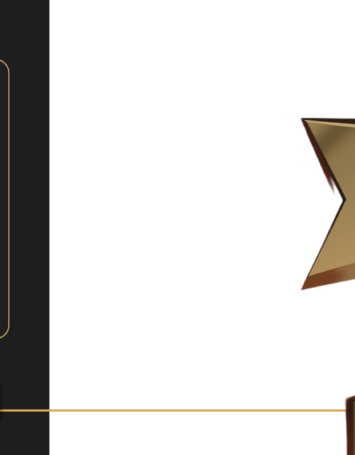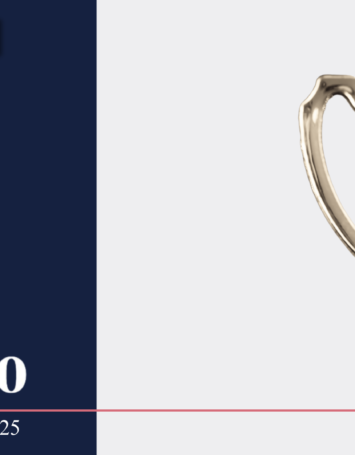Written by Ephraim Z. Heiliczer, Ph.D.
The strategic options to impact third party patent applications used by competitors affected by patent applications adverse to their business interests have traditionally been limited in Israel. We have developed a comprehensive tool kit and aided clients in resolving the threat posed by such patent applications. We have done so using petitions to accelerate examination, third-party observations, petitions to cancel allowance and oppositions. This tool kit allows a third party to impact prosecution at most stages of prosecution.
The following table summarizes the four options under normal circumstances:
- Accelerate Examination
Competitors can petition to accelerate the examination of a pending application. A petition to accelerate examination requires competitors to justify the petition by emphasizing the threat posed to the competitor by the patent application. Petitioning to accelerate application is a relatively cost-effective process that under normal circumstances prevents applicants from delaying examination and prevents applicants from avoiding substantive examination by petitioning for allowance based on a foreign patent. Further, it usually results in the issuance of a robust Israeli office action often months and years before the applicant expects to receive a first office action in Israel.
- Third-Party Observations
Another efficient, low-cost option is filing third-party observations. A critical difference between third-party observations and petitions for accelerating examination is their timing. While petitions for accelerating examination can be filed at any time prior to the start of examination, third-party observations can only be filed after the start of examination (i.e., after the applicant files a response to the notice before examination). An advantage to third-party observations is that they can be filed predominantly in English. Third-party observations also usually result in the issuance of a robust Israeli office action and often prevent applicants from bypassing Israeli examination by petitioning for allowance based on a foreign patent.
- Petition to Cancel Allowance
Even after the Israeli Patent Office has conditionally accepted an application (i.e., substantive examination has concluded), a competitor can petition to cancel the allowance. Petitions to Cancel Allowance usually allow a competitor to act sooner and more cost effectively than an opposition by shifting the burden of rejecting defective applications to the Patent Office. Petitions to Cancel Allowance should usually be justified by a procedural error in examination (e.g., non-compliance with the duty of disclosure or petition for allowance based on a foreign application under opposition). These petitions are also often effective, and applicants have abandoned patent applications in response.
- Opposition
Finally, an opposition can be submitted after the examination has concluded. Israeli oppositions are usually costly and time-consuming. Among others, oppositions involve statements of case, expert opinions, and live cross-examination. On average, oppositions that are not settled can take over five years.
Conclusion:
Accelerating allowance and third party observations are very beneficial since they can be filed during the examination and do not require waiting several years until the examination concludes. Further, and petitions to accelerate examination, third-party observations, and petitions to cancel allowance also may benefit competitors by avoiding Israeli oppositions, which are an expensive multi-year process (i.e., opposition timelines in Israel are usually significantly longer than counterparts in other jurisdictions such as Europe). Finally, unlike oppositions, third-party observations and petitions to accelerate examination normally do not expose competitors to attorney’s fees and other cost.
Resolving the threat posed by a patent application early is very important since, although competitors cannot be sued for infringement prior to the grant of the patent, competitors can be held liable for retroactive damages after the publication date of the patent application. The Israeli Supreme Court has labeled this grave risk for competitors as a period in which competitors are “terrorized” by the “swordlike” threat posed by the pending patent application. The threat can often be compounded by ambiguous claims that do not allow competitors to appropriately determine the scope of the potential claimed monopoly and applications previously disclosed in the prior art.
Accordingly, waiting years for the conclusion of an opposition often causes severe damage to a competitor and deters its research and development. Thus, it is often important for a competitor to find a way to remove or resolve the threat posed by the pending application as soon as possible. Recently, the Israeli Attorney General and the Israeli Supreme Court have emphasized petitions to accelerate examination and third-party observations as means by which competitors can remove the threat posed by pending applications years before an opposition can do so. The above options are important tools that can help clear the path for competitors to continue their commercial activities.




